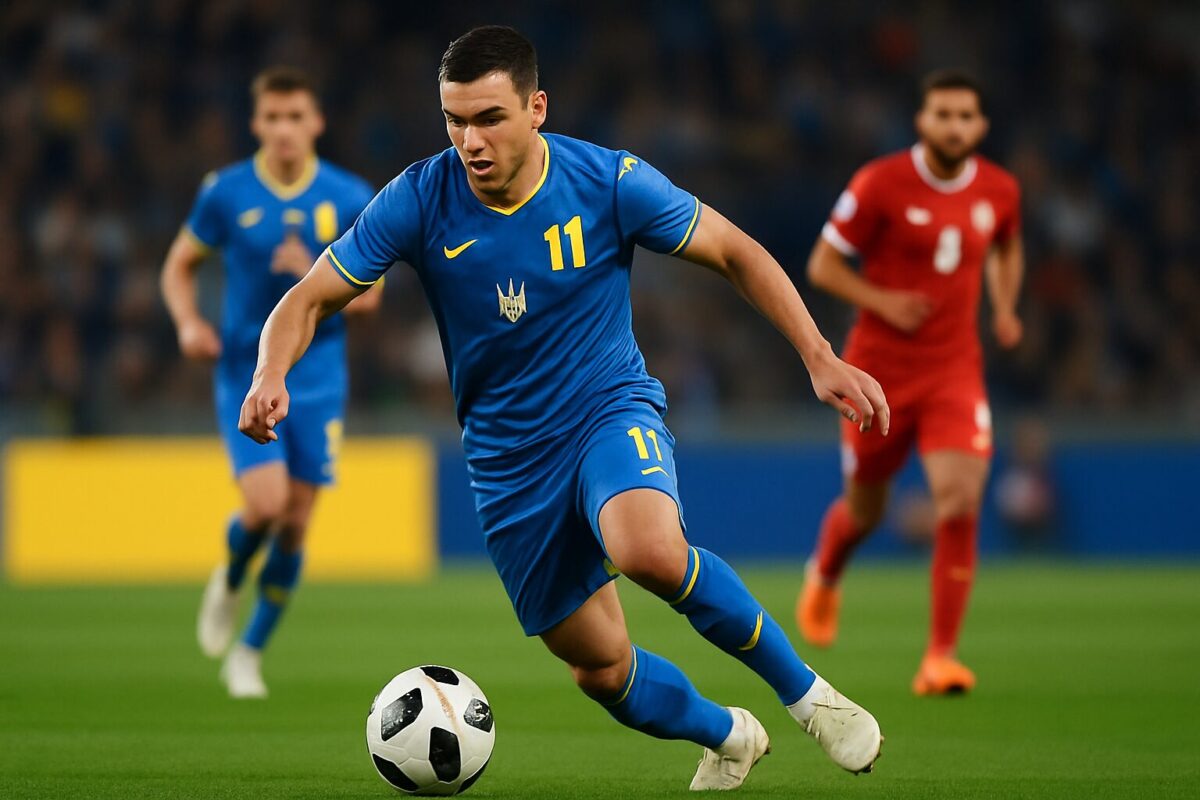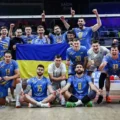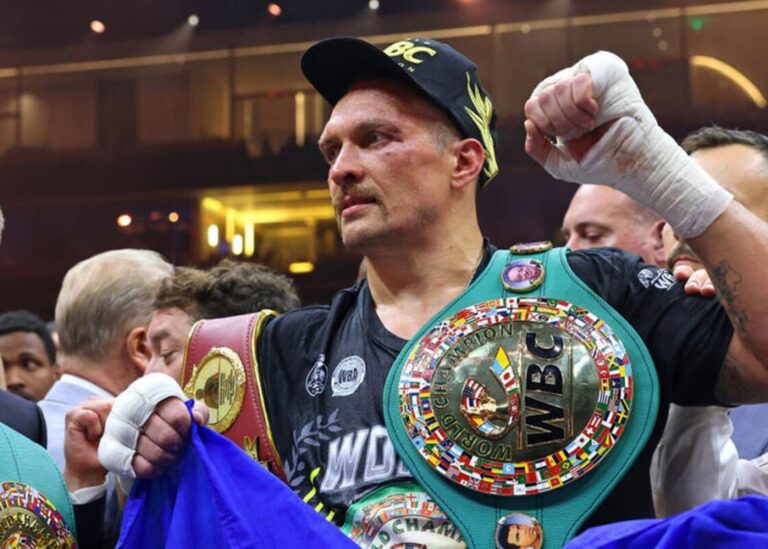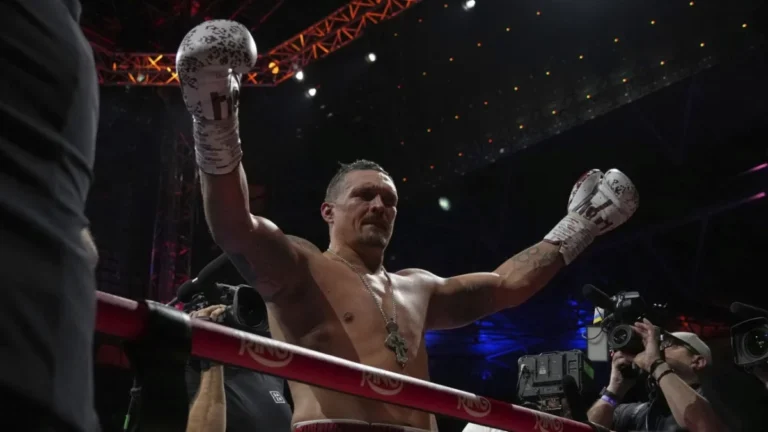
How the Ukrainian national team uses artificial intelligence: a new strategy for training in football
In modern football, victory doesn’t begin with the whistle — it begins with pressing “Enter”.
In a world where every touch is tracked by a dozen cameras and every movement turns into data, the team that learns to read the “language of the match” first will always be one step ahead.
Ukraine’s national team is already there.
Not magic. Just analytics. And it’s already inside the team.
This isn’t Netflix fiction. It’s reality.
Ukrainian players don’t just look at cones and diagrams anymore.
They see full 3D animations of their movements, zones, mistakes — and opportunities.
Ukraine has officially integrated artificial intelligence into the coaching process.
Not as a trend. As a game-changer.
Skillcorner sees everything: player positioning, pressure zones, where the opponent breathes more freely.
UnderSports AI analyzes patterns: attacks, corners, defensive shifts — even where a player turns their head before passing.
It’s more than stats. It’s foresight.
Why this matters — especially for us
We always play against the stronger side. And we win — with brains.
Ukraine isn’t Spain with endless substitutions.
We’re not France with a second team on the bench.
Our strengths? Intelligence. Tactics. Systems. New thinking.
Episode 1: the opponent is exposed
Game prep is no longer guesswork.
The team gets animated breakdowns of every opponent’s recent attacks, set-pieces, behaviors when playing short-handed.
Example:
Before the North Macedonia match, AI found they delivered 80% of their corners to the near post — always targeting defender #3.
Solution: switch markers, reshape the backline.
Result: zero threats from corners.
Episode 2: a player on the edge — before he knows it
AI tracks heart rate, workload, recovery time — and says: this player will crash in 12 minutes.
Coach reacts.
Player stays sharp.
Team holds its shape.
Simple — if you can see the invisible.
Relevant
Episode 3: subbed off not because he’s tired — but because he’s ineffective
One player covered 11 km, made 75 passes.
But none of them advanced the ball to the final third.
AI said: active, but zero impact.
He was subbed.
The next player made three key passes in 10 minutes.
This isn’t guesswork. It’s precision.
How the team responds
Hlib Platov, Sports Director:
“Football now is a clash of systems. And we refuse to show up with a shovel when others are using drones.”
Kyrylo Mazur, U21 Coach:
“A player sees 10 meters ahead. AI sees the full 105. And we use that vision.”
The players feel it. They start to understand: being effective isn’t just scoring.
It’s being part of a structure.
That builds responsibility. And cohesion.
Why now? Because the world sees us through war — but we also fight through ideas
In 2025, when we’re judged only by headlines and frontlines, we can also make a statement on the field — as a nation unafraid to think differently.
We don’t have a Bundesliga budget.
We don’t have Real Madrid stars.
But we do have AI — showing us how to beat the stronger side.
And no, this is not science fiction.
What’s next: more innovation ahead
- VR platforms for goalkeepers to simulate penalty pressure
- Personal AI modules to track movement, technique, strikes
- Full digital dossiers — even including players’ emotional state
The goal isn’t to replace humans — but to help them become the best version of themselves.
We’re not favorites — but we’re no longer blind
AI won’t score goals.
But it will show who should.
And while others still rely on instinct — we play with insight.
This is not a trend.
This is a choice.
Precision is our weapon. And we’ve already learned how to load it.















